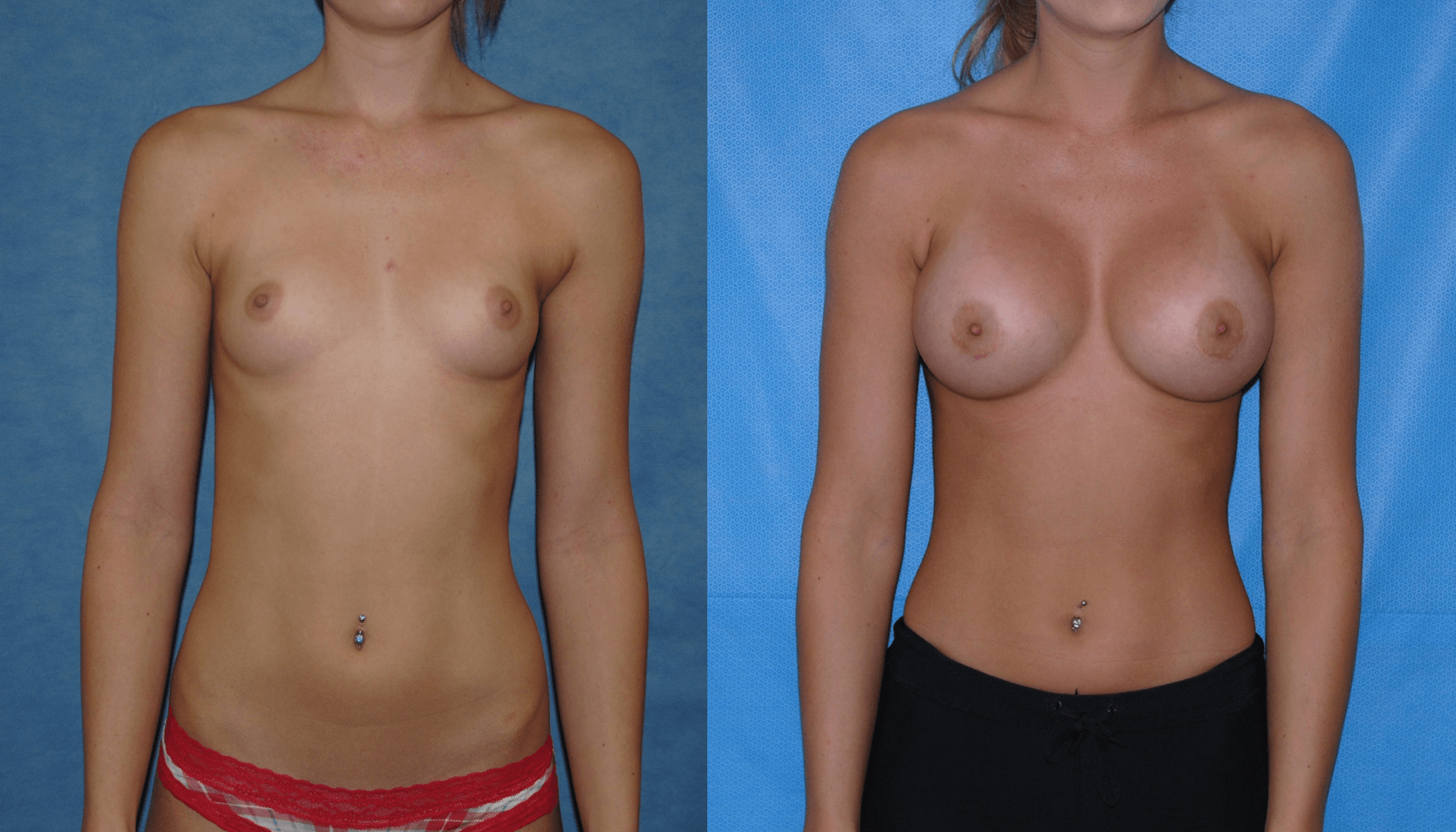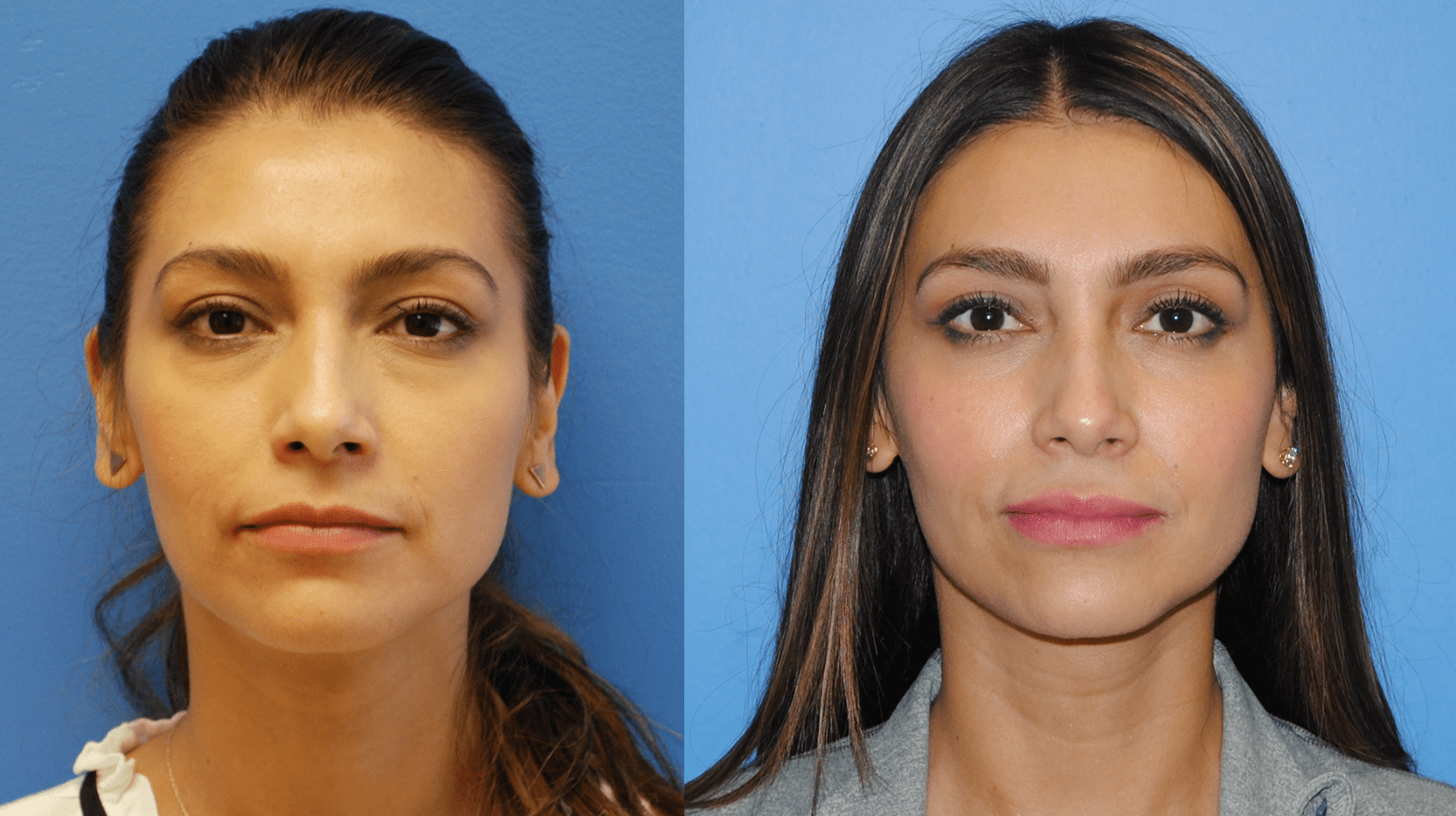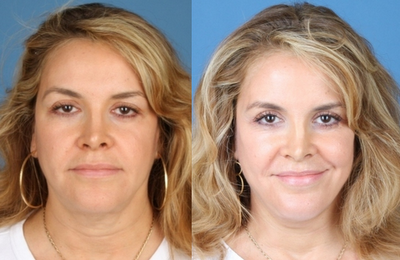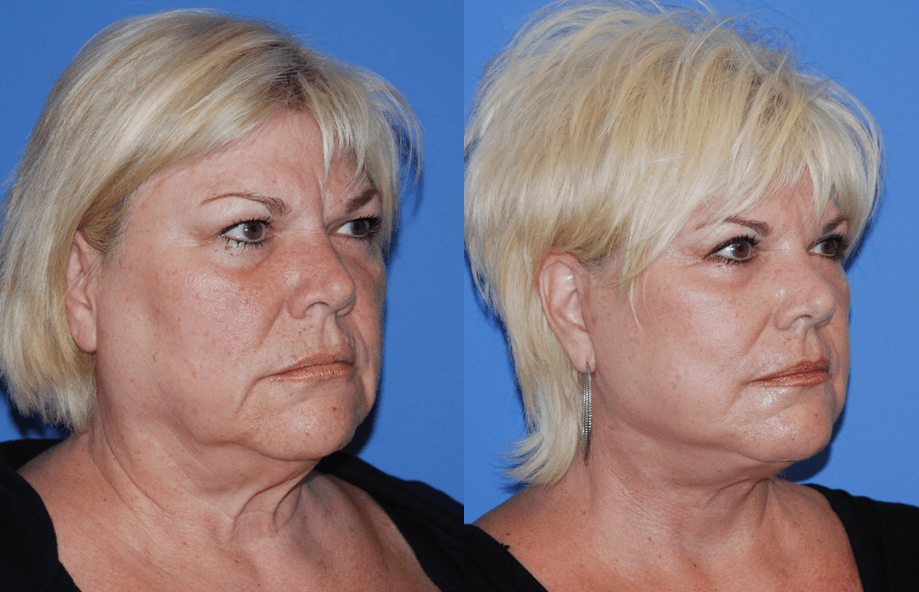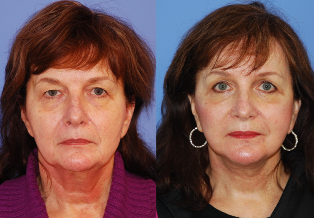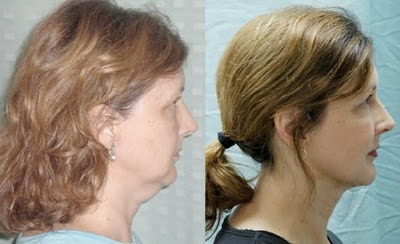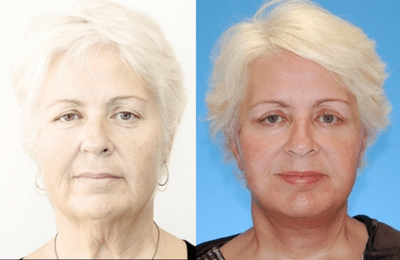Breast augmentations are common procedures. One of the more common questions patients ask is which one is the best incision choice. There are three common options to place the breast implant. The breast implant can be placed through a periareolar incision (through the areola), an infra-mammary crease incision (breast crease), or the transaxillary (armpit) incision. There are several different benefits…
